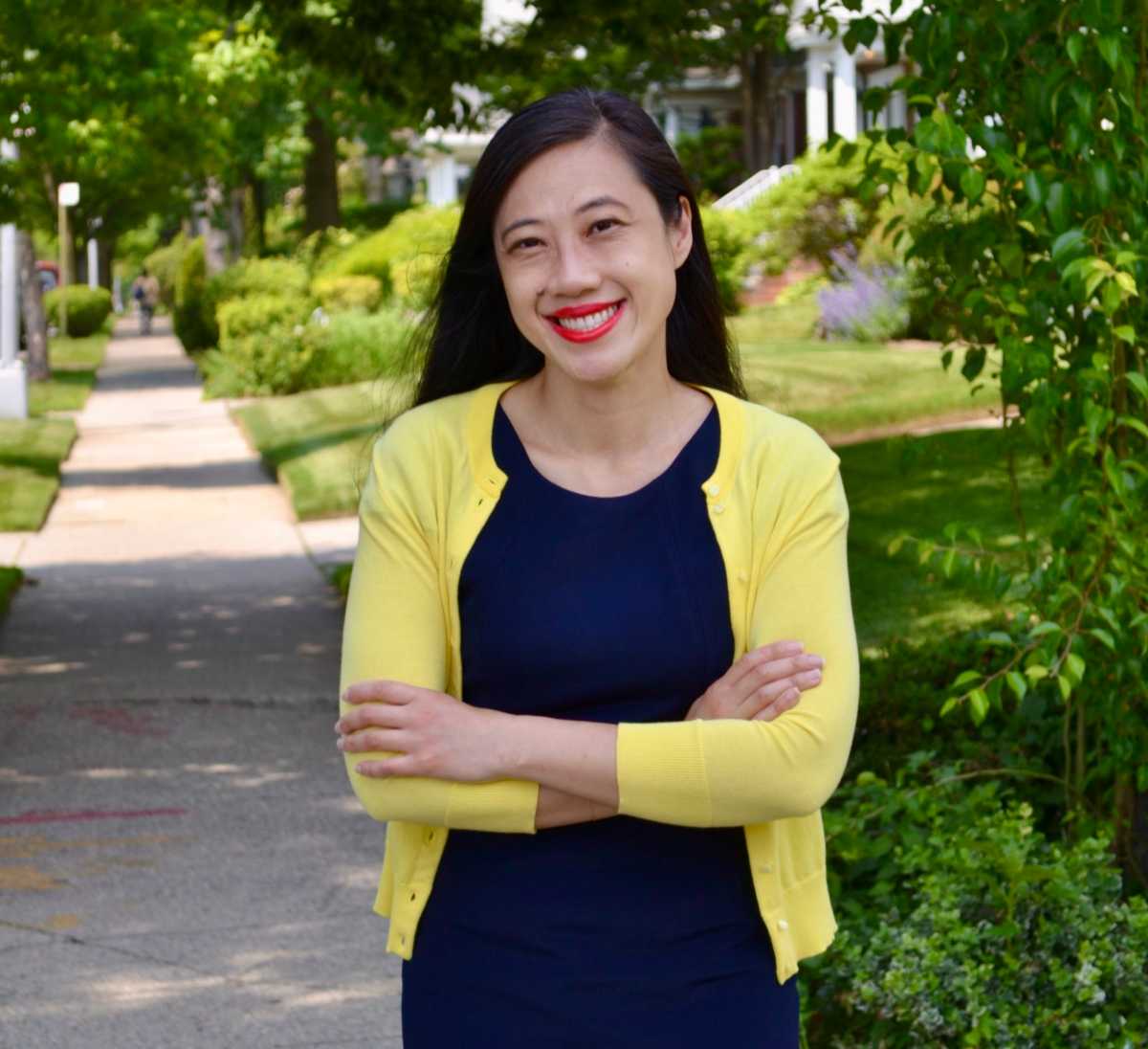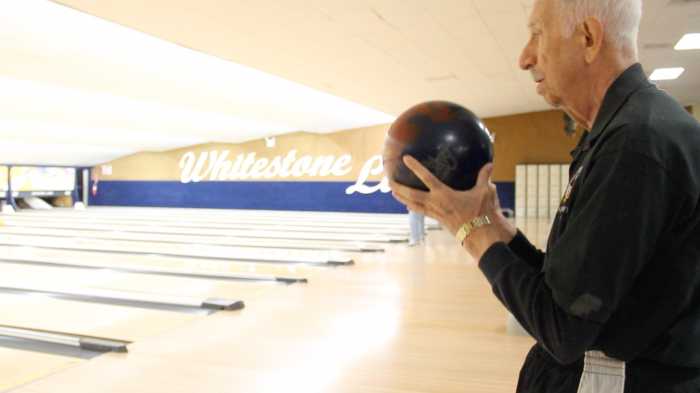BY SANDRA UNG
As New York’s older population continues to grow, we must be proactive in building a city that takes into account the needs of seniors and their families. As the daughter and primary caretaker for my father, who has Parkinson’s disease and lives at home, I know the struggles many working families face in providing care for their loved ones. Like my father, most seniors prefer to age in place.
There are many barriers standing in the way. A first step is building a more accessible city by making our infrastructure inclusive for individuals who require mobility assistance. From subway stops that lack elevators to crosswalks that are piled high with snow, we must eliminate physical obstacles.
We also need expanded healthcare services for individuals living at home. Home health aides can assist people like my father to live at home with quality care, but Medicare doesn’t cover this expense. For working families like my own, this option is unaffordable. It instead falls to children or loved ones to step up to provide assistance, but we need the wider support of our society to ensure our elders’ basic needs are met.
Unpaid care work is particularly onerous for working families who must juggle an endless number of tasks while struggling to pay the bills, and COVID has only exacerbated the struggle. This burden has real effects on the health and job outcomes of caregivers across the United States, especially women who perform a disproportionate amount of care work. 865,000 women have opted out or left the workforce compared to 216,000 men just this fall.
New Yorkers paved the way forward when we passed the Paid Family Leave Policy, which is funded by deductions from employee wages. Employers should embrace PFL given its ability to improve staff morale and increase productivity.
Moving forward, we need to explore options around increasing the wage replacement rate, especially for low-income New Yorkers. Low-income workers often live paycheck to paycheck and may be unable to survive on 67 percent of their wage, which is the maximum they can get under New York’s program.
We also need a culture shift. Employer acceptability continues to be a major obstacle for employees seeking to take advantage of family leave. Employers are prohibited from discriminating against an employee for requesting leave. However, many workers are reluctant to take leave, concerned it may harm their potential for a promotion down the line. And while leave for new parents has become more widely accepted, we must still work on building recognition of value for elder care.
Many of us, including myself, live in multigenerational homes with parents or grandparents who need assistance. Whether it’s taking them to the doctor’s office or helping them apply for government programs, that time is valuable. We should embrace building a more holistic care system that recognizes the many different forms American families take. This won’t just help employees, it will also allow more New Yorkers to age in place with dignity.
By investing in paid family leave and increasing employer acceptability, children and family members can be freed to provide care for their loved ones without fearing the loss of economic security. That is a better and more just system for all New Yorkers.
Sandra Ung is an attorney, community advocate and candidate for City Council in District 20, which includes Flushing, Mitchell-Linden, Murray Hill, Queensboro Hill, Auburndale and parts of Fresh Meadows.
































